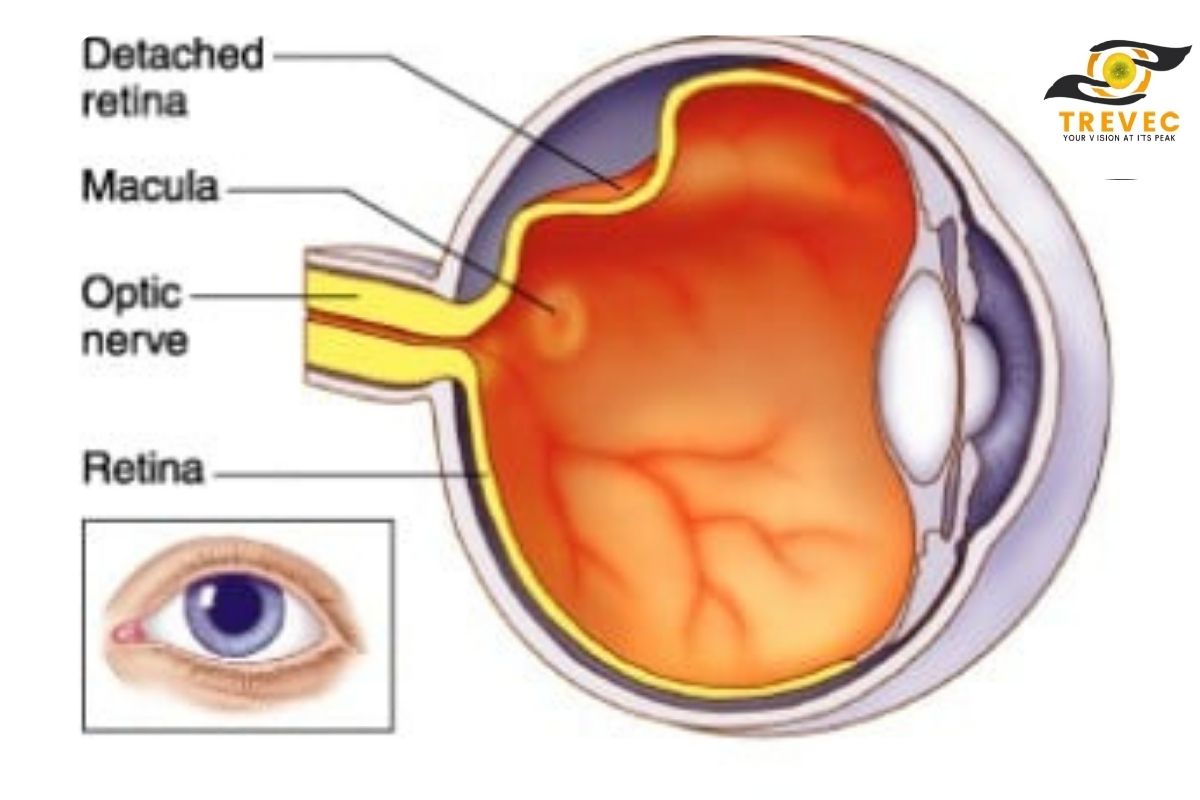Retinal detachment is a serious eye condition that can lead to permanent vision loss if not treated promptly. Understanding the early symptoms, available treatment options, and effective prevention strategies is crucial for protecting your eyesight. In this post, we will explore what retinal detachment is, how to recognize its warning signs, and what steps you can take to prevent and manage this condition.
Symptoms You Should Never Ignore
One of the challenges with retinal detachment is that it does not cause pain. Instead, it announces itself with sudden vision changes, such as:
– Floaters: Sudden onset or increase in small shapes, cobwebs, or black spots.
– Flashes of light: Especially in peripheral vision (like lightning streaks).
– A curtain-like shadow: Gradually spreading across part of the vision field.
– Blurred or distorted vision.
– Reduced peripheral (side) vision.
Tip: If you ever notice a sudden shower of floaters or flashes, seek emergency eye care immediately. These may be early warning signs of retinal tears that can lead to detachment.
Diagnosis: How Retinal Detachment is Detected
Ophthalmologists use several tests to confirm retinal detachment:
– Dilated eye exam with ophthalmoscope to view the retina directly.
– Optical Coherence Tomography (OCT) for detailed retinal imaging.
– Ultrasound scan of the eye, especially when bleeding or cloudiness obscures direct view.
Treatment Options
Prompt surgery is usually required to save vision. The choice of treatment depends on the type and severity of detachment:
1. Laser Photocoagulation
– Laser seals small tears or holes to prevent detachment.
2. Cryopexy (Freezing Therapy)
– Uses extreme cold to create a scar that seals the retina to the wall.
3. Pneumatic Retinopexy
– A gas bubble injected into the eye pushes the retina back in place.
– Often combined with laser or cryopexy.
4. Scleral Buckling
– A silicone band placed around the eye gently presses the wall inward, allowing the retina to reattach.
5. Vitrectomy
– Removes the vitreous gel pulling on the retina.
– Often used for complex or severe detachments.
Recovery and Lifestyle After Treatment
Healing after surgery requires strict adherence to medical advice:
– Head positioning: Patients may need to keep their head in a specific position (e.g., face down) to help the retina heal.
– Avoid air travel: If a gas bubble was used, flying or high-altitude travel can cause dangerous pressure changes.
– Activity modification: Avoid strenuous activities, heavy lifting, and bending until cleared by the doctor.
– Eye drops: Prescribed to reduce swelling, prevent infection, and promote healing.
– Regular follow-ups: Essential to monitor healing and detect any recurrence.
Recovery time varies, but it may take several weeks to months. While some vision is restored, it may not return to its pre-detachment levels.
Possible Complications
Even with treatment, some patients may face:
– Recurrent detachment.
– Glaucoma (increased eye pressure).
– Cataract formation.
– Permanent vision loss if treatment was delayed.
Prevention and Eye Care Tips
While not all cases are preventable, these steps can lower risk:
– Schedule regular eye exams, especially if you’re over 40 or have risk factors.
– Wear protective eyewear during sports or risky activities.
– Manage diabetes and blood pressure effectively.
– Pay attention to early warning signs like floaters and flashes.
– Keep follow-up appointments after eye surgeries.
Final Thoughts
Retinal detachment is a silent but serious threat to vision. Unlike some eye problems that can wait, this is an emergency. The key to preserving sight lies in early recognition, urgent treatment, and preventive care through regular eye checkups.
Protecting your vision is protecting your independence, quality of life, and future.
At TREETOP VISION EYE CENTRE, we offer expert eye screening, personalized eye care, and guidance to help you stay ahead of complications. Don’t wait for symptoms; book your eye exam today.
Your vision is worth protecting. Let us help you keep it crystal clear.
TREVEC CARES!!!


Thanks to Trevec for continual education
Thanks for taking your time going through our posts